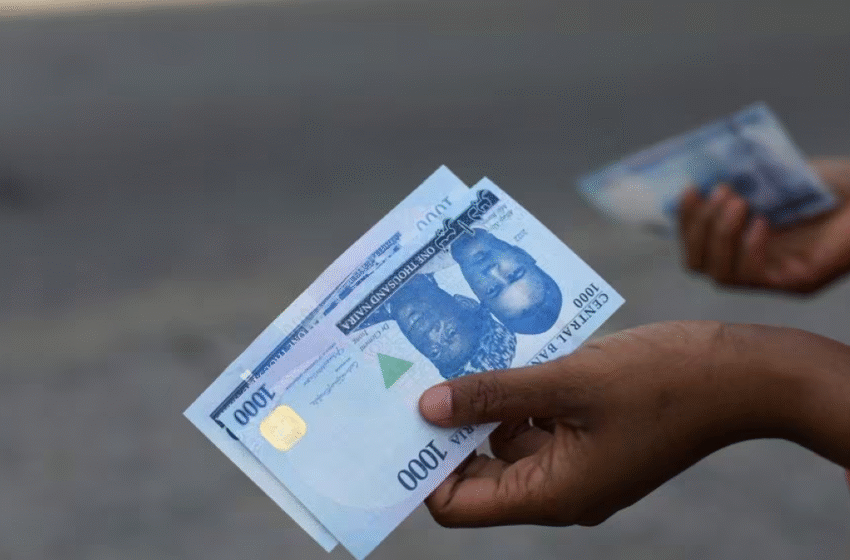Nigerian Naira set to break ₦1,500 resistance: What you need to know

Naira to dollar exchange rate today
The Nigerian naira is showing signs of a major breakthrough, with analysts predicting it could soon pierce the ₦1,500-per-dollar level. This forecast comes amid robust foreign exchange inflows and aggressive policy reforms by the Central Bank of Nigeria (CBN). After stabilizing between ₦1,530–₦1,570 in recent weeks, a surge of inflows has boosted investor confidence, and momentum appears to be building for a sustained rally.
CBN FX Reforms Spur Record Dollar Inflows
Since May 2025, the CBN has enacted reforms, such as expanding foreign exchange channels and supporting diaspora remittances, catalyzing record inflows of nearly $6 billion per month. The improved inflows have bolstered both official and parallel market liquidity, allowing the naira to trade around ₦1,536 in the official market and ₦1,570 in the black market, a narrow ₦34 spread.
Black Market Gains Spark Optimism
In the first six months of 2025, the naira appreciated by about ₦90 in the parallel market, fueled by increased dollar supplies and renewed foreign investor confidence.
Investor Confidence Builds from Macro Stability
With external reserves nearing $40 billion and a $6.83 billion balance of payments surplus in 2024, Nigeria’s economic fundamentals are strengthening. The IMF also praised the CBN’s governance reforms and FX liberalization, noting improved exchange-rate transparency and portfolio inflows.
Technical Resistance Near ₦1,500—What It Means
Market analysts near Bloomberg’s BMatch trading desk suggest that ₦1,500 is a critical resistance level. Breaching it would indicate a market shift from policy-induced stability toward investor-led appreciation, potentially attracting more portfolio investment and reducing inflation risk.
Parallel Market Pressure Signals Turning Point
The parallel market exchange rate has tightened to ₦1,560–₦1,570, and the FX premium has narrowed from over 60% to below 3%, strong signals that structural distortions are diminishing in Nigeria’s FX markets.
CBN Continues Direct FX Supply
Recent CBN interventions, such as spot-dollar sales to bureau de change operators, boosted FX liquidity, leading to the naira appreciating to around ₦1,529 at the official window and ₦1,560 in the black market.
Inflation and Economic Risks Remain
Despite gains, the IMF warns that inflation, hovering near 34.8% in early 2025, and fragile global oil prices could threaten gains. Experts say lasting naira stability requires sustained portfolio inflows and further policy support.
Investor and Business Implications
A naira trading below ₦1,500 would anchor FX risk expectations and encourage foreign businesses to re-enter Nigeria. Local manufacturers would benefit from cheaper imports, and remittances via formal channels would gain renewed relevance. Combined with falling FX premium, this environment could sustain growth and import capacities.
With stronger reserves, record-breaking FX inflows, tightened market spreads, and policy momentum, the naira is firmly positioned to challenge—and possibly break—₦1,500 per dollar. For businesses and investors, this development offers both opportunities and signal of confidence in Nigeria’s economic trajectory. To sustain this progress, however, CBN will need to maintain liquidity, control inflation, and deepen FX market reforms.

